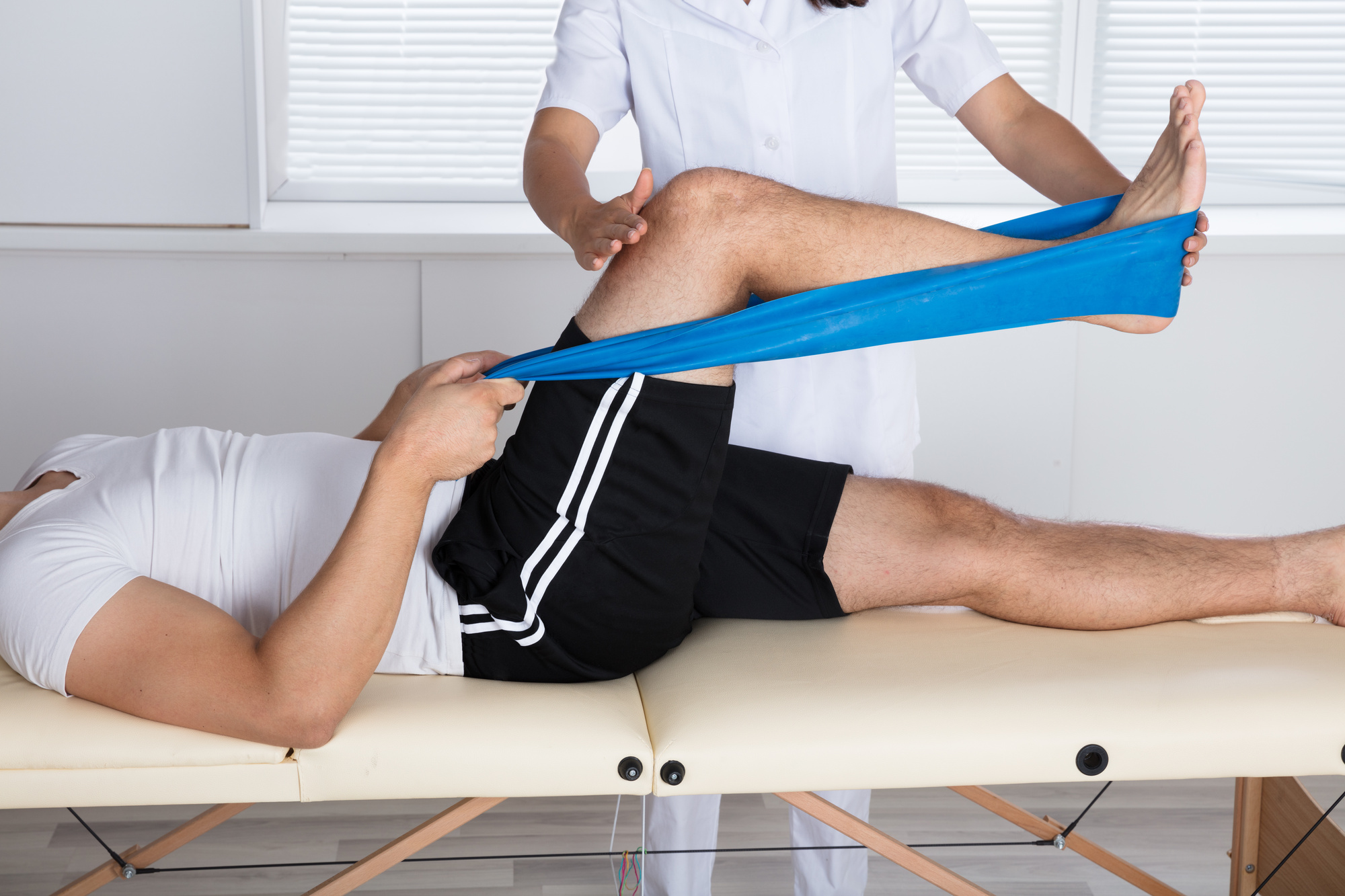Equilibrium and stability are essential components of physical wellness and general health. They serve a vital part in daily tasks, athletic capability, and injury avoidance. When an person has good equilibrium and steadiness, they are not as prone to trip or sustain damages during bodily activities. One efficient way to evaluate these attributes is through Functional Motion Assessment (FMS). FMS is a method used to evaluate motion patterns and recognize imbalances or weaknesses that could lead to injuries.
Functional Motion Screening involves a series of particular tests that assess how effectively a person functions. The tests concentrate on fundamental movements such as squatting, lunge, and flexing. By watching these actions, coaches and medical experts can identify areas where an individual may struggle. For instance, if someone has trouble keeping equilibrium while executing a squatting, it may suggest a need for specific workouts to enhance power and control. This evaluation not only identifies weaknesses but also helps to monitor advancement over time.

In addition to this to recognizing areas for enhancement, FMS serves a crucial part in avoiding injuries. Many injuries occur as a result of poor movement patterns, which can be identified through practical evaluations. By tackling these problems early on, people can lower their likelihood of harm during athletic or other physical activities. For example, a jogger who shows an imbalance in their gait may be more prone to leg harm. By adjusting these imbalances through specific training programs, the chance of harm can be substantially reduced.
Furthermore, enhancing performance is another advantage of performing a thorough assessment of balance and steadiness. Athletes and active individuals often aim to enhance their get more capability in specific sports or exercises. A thorough understanding of their movement styles allows coaches to create personalized training programs that focus on particular weaknesses. By improving equilibrium and stability, athletes can enhance their overall capability, whether it’s jogging faster, jumping higher, or performing exact movements in their sport.
In summary, the importance of evaluating equilibrium and steadiness through Practical Motion Assessment cannot be overstated. This comprehensive evaluation serves as a basis for improving physical wellness, avoiding injuries, and enhancing athletic capability. By recognizing areas of weakness and implementing specific Full Article exercise strategies, people can attain better outcomes in their physical exercises. Focusing on balance and stability not only results to improved capability but also contributes to a healthier, increasingly energetic lifestyle.